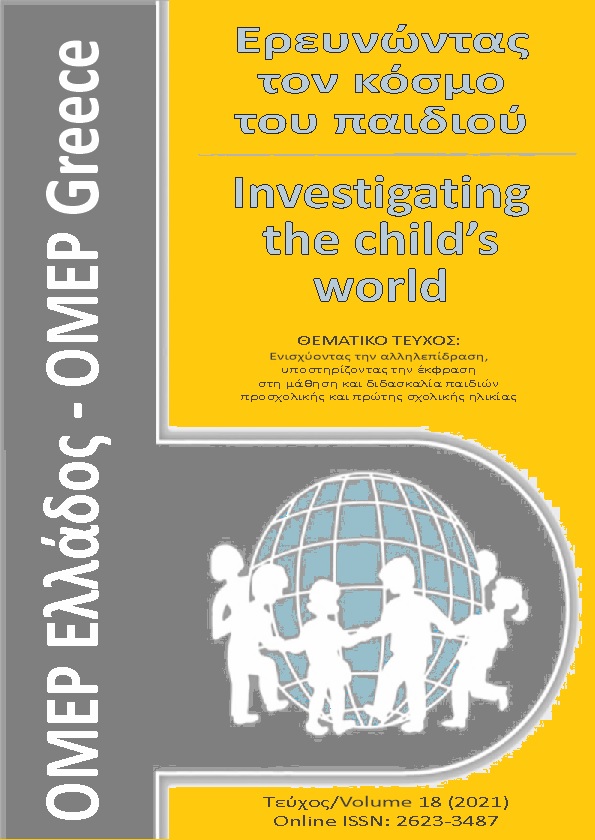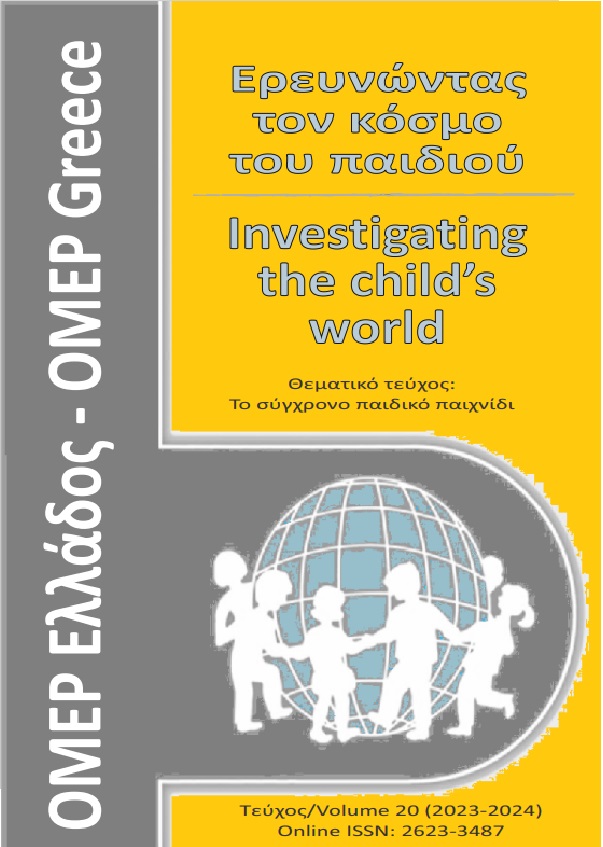Online Educational Material: For Which Kindergarten?

Abstract
The selection of appropriate educational materials in kindergarten is considered a pedagogical practice. Educational materials can be important supportive and/or mediating tools for teaching and learning in preschool education. In the time of digital technology many of these tools can be found in a constantly increasing number of online social networks and media managed by teachers. The study presented here, aimed to explore the quality and the types of materials available in Greek websites-blogs for kindergarten teachers and examine whether these materials are in accordance with the pedagogical principles that are set out in the current, official early childhood curriculum. It is qualitative study in which data were collected from a sample of thirteen websites and were thematically analysed. The results showed that a wide variety of materials, serving a wide range of targets, are available on the websites of the sample. However, most of the materials that are offered and the suggested teaching practices, when evaluated based on contemporary pedagogical practices and the principles of the national curriculum, are considered inappropriate. More specifically, closed- ended worksheets are predominant and there is an absence of activities that have meaning for children. The materials offered also seem to promote teacher-centered practices, the teaching of discrete subjects and individual, passive learning. This article discusses possible reasons behind this picture and emphasizes the need for professional development regarding issues related to the selection of educational materials.
Article Details
- How to Cite
-
Imer, I., & Birbili, M. (2021). Online Educational Material: For Which Kindergarten?. Investigating the child’s World, 18, 38–48. https://doi.org/10.12681/icw.30020
- Issue
- Vol. 18 (2021)
- Section
- Scientific articles & educational projects

This work is licensed under a Creative Commons Attribution-NonCommercial 4.0 International License.
Authors who publish with this journal agree to the following terms:
· Authors retain copyright and grant the journal right of first publication with the work simultaneously licensed under a Creative Commons Attribution Non-Commercial License that allows others to share the work with an acknowledgement of the work's authorship and initial publication in this journal.
· Authors are able to enter into separate, additional contractual arrangements for the non-exclusive distribution of the journal's published version of the work (e.g. post it to an institutional repository or publish it in a book), with an acknowledgement of its initial publication in this journal.
· Authors are permitted and encouraged to post their work online (preferably in institutional repositories or on their website) prior to and during the submission process, as it can lead to productive exchanges, as well as earlier and greater citation of published work.



